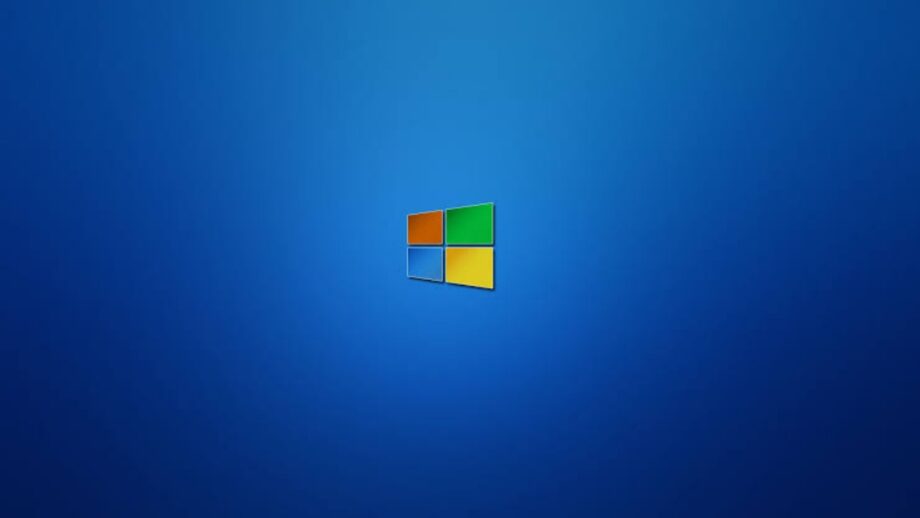Updates to Windows are required? System administrators don’t particularly enjoy applying updates every month, but they are essential and crucial in the times we live in. Security updates make up the majority of monthly updates. The worst kind of problems are security ones since hackers or viruses may use them as an opportunity. These kinds of issues are frequently seen in Windows’ ActiveX, IIS, Internet Explorer, and other components. These are merely examples. Other upgrades fix other Windows bugs and problems. They could affect the stability of your Operating System even though they are not to blame for security flaws. Last but not least, Windows Updates occasionally include fixes for known problems as well as new features.
The best examples of this are IIS and Internet Explorer. The Windows operating system’s source code includes security flaws, mistakes, incompatibilities, and out-of-date software components. In conclusion, we all know that Windows isn’t perfect. New features are occasionally added by the most recent Windows security patches, which also correct bugs and vulnerabilities in Windows and related applications. This simply sums up why you should run Windows Update on a frequent basis. Software damage, data loss, or identity theft are all possible effects of failing to implement security updates.
Malware costs the global economy millions of dollars each year. The main cause is that consumers fail to update their operating systems or vital software, which enables malware to take advantage of security weaknesses in every piece of software ever created. Within hours of becoming known to the public, vulnerabilities may be used against you. In order to shield your machine from malware attacks, you should prepare to install the remedy as soon as a security update becomes available.


